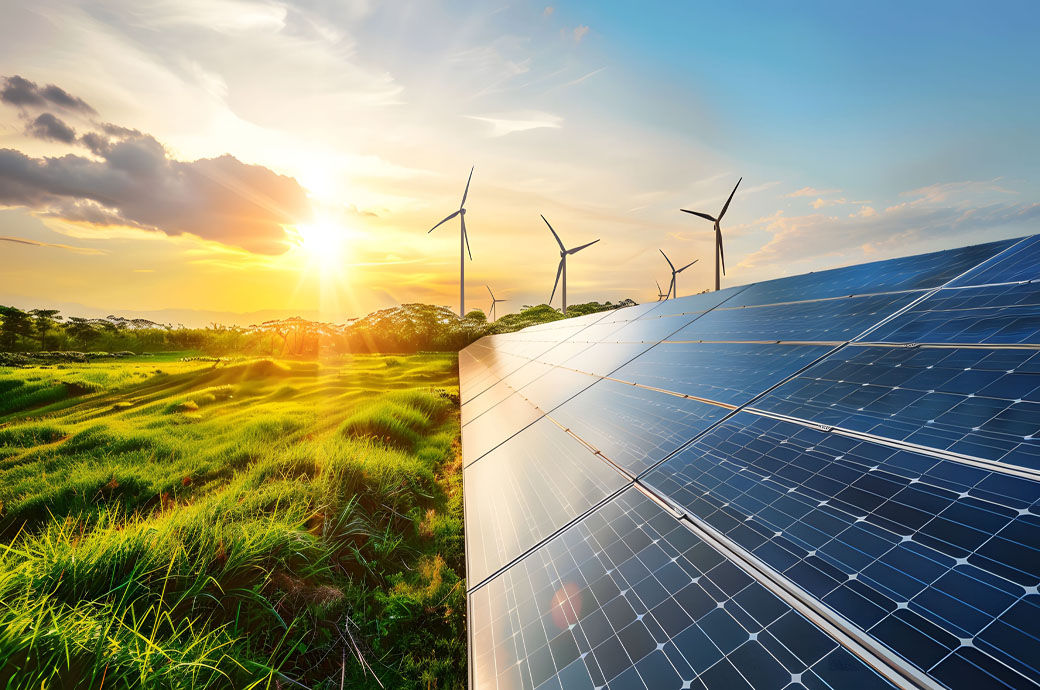
The report warns of a worsening global energy gap, with 685 million people without access to electricity in 2022—10 million more than in 2021.
This is the first time the number of people without access to electricity increased in over a decade, the report noted.
The report attributes the drop in energy access to a combination of factors, including population growth at rates higher than those of new electricity connections, particularly in Sub-Saharan Africa, the global energy crisis, inflation, growing debt distress in many low-income countries (LICs) and increased geopolitical tensions.
At the same time, it highlights ‘promising’ trends in the rollout of renewable energy solutions that help accelerate progress, especially in rural areas, an official release said.
Acknowledging growing political momentum within the Group of 7 (G7) and the Group of 20 (G20), along with new financial commitments made at the Summit on Clean Cooking in Africa, the report flags that efforts remain insufficient to reach universal access to electricity and clean cooking by 2030.
The world has done better on other targets of SDG 7, according to the report.
Renewable electricity consumption grew more than 6 per cent year-on-year in 2021, with the share of renewables in global electricity consumption reaching 28.2 per cent.
Installed renewable energy generating capacity reached a record high of 424 watts per capita globally in 2022.
The rate of energy intensity improvement increased to 0.8 per cent in 2021 compared with 0.6 per cent in 2020, which is still well below the 2.6 per cent set out in SDG target 7.3.
International public financial flows towards clean energy in developing countries reached $15.4 billion in 2022—25 per cent more than in 2021, but still significantly short of the 2016 peak of $28.5 billion.
The report warns that the rate of progress is insufficient to reach the targets of SDG 7 by 2030. It finds that under current policies, 660 million people will lack energy access and around 1.8 billion will be without access to clean cooking technologies and fuels.
The actions needed to triple renewable capacity by 2030 as agreed at COP28 in Dubai vary significantly by country, region and technology.
The so-called UAE Consensus that emerged from the meeting calls for a tripling of the world’s renewable power capacity by 2030. That consensus, agreed to by more than 130 countries, must now be embedded in national and international renewable energy targets and plans—accompanied by strong policy action, the report recommended.
Deployment efforts in developing countries should be underpinned by international collaboration and finance to help achieve global energy and climate ambitions while reducing inequalities, it noted.
The report was developed by the International Energy Agency, the International Renewable Energy Agency, the UN Statistics Division, the World Bank and the World Health Organisation.
Fibre2Fashion News Desk (DS)